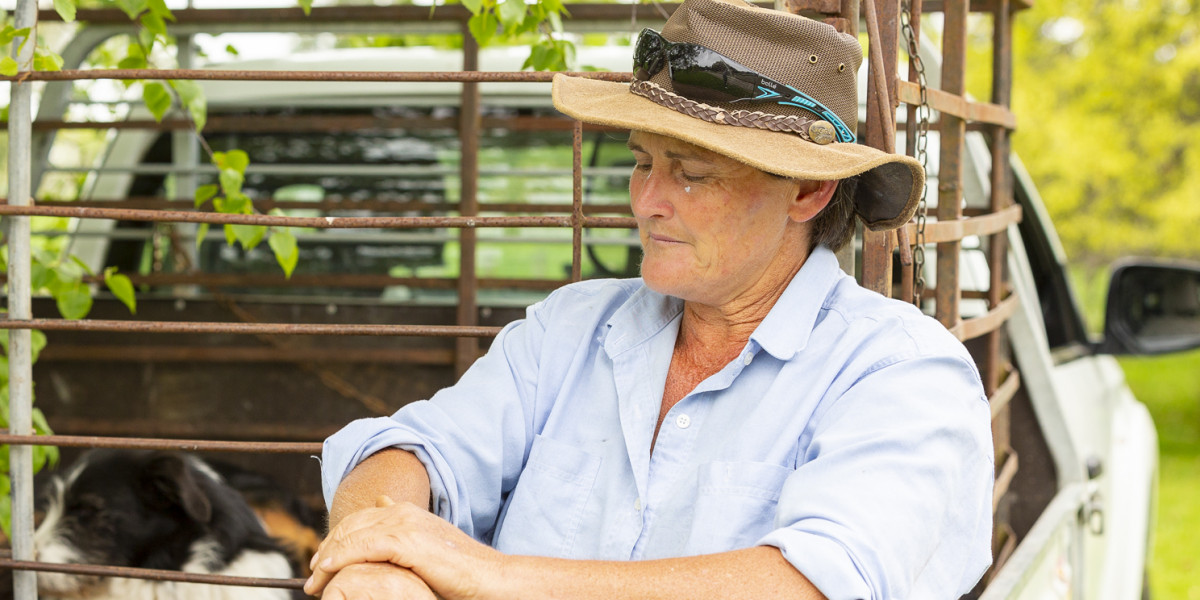New research from JAMA Dermatology shows New Zealand has the world's highest death rate from melanoma with 350 New Zealanders losing their lives to melanoma each year.
The Cancer Society of New Zealand says these statistics are unfortunately not surprising.
Chief Executive Lucy Elwood says: “Skin cancer is the most common cancer affecting New Zealanders with 80,000 people being diagnosed each year, accounting for 80 percent of all new cancers. If we want to address these harrowing statistics, we need to take sun safety seriously, especially with New Zealand’s strong levels of ultraviolet (UV) radiation. Most skin cancer is preventable, and we know prevention is always better than cure.”
“We are grateful that this research has opened the door to a conversation because the reality is New Zealand is well behind Austalia in relation to sun safety.”
Since the 1980s, the Australian SunSmart programme has been implemented nationwide in school, workplace, sport and recreation settings. Every dollar invested in the programme returns an estimated $3.20 AUD in averted health sector costs and productivity gains.
Currently, in New Zealand less than 3 percent of the health budget is spent on prevention. The Cancer Society believes Government should invest more in prevention. It is also important that central and local government leadership promote sun safety, provide shade in places where people work and play and ensure SunSmart policies are common-place.
There is currently no national screening programme in New Zealand for skin cancer.
Lucy Elwood says: “We would love to see skin screening checks - the fact this isn't happening is partly because access to primary health care is a problem. We do encourage people to note any changes to their skin, like irregular moles and see a GP if they are concerned. However, for many seeing a GP can be a problem due to cost and accessibility.”
Prevention is essential but for those already diagnosed with skin cancer, some medications and therapies that are funded in Australia are not in New Zealand. For example, BRAF inhibitors and Adjuvant therapy.
BRAF is a gene that tells your cells how to grow. A BRAF mutation means melanoma grows more aggressively and around 50 percent of melanomas have this mutation. Adjuvant therapy (given after primary treatment to lower the risk of the melanoma returning) includes radiation therapy (which is funded) immunotherapy and BRAF targeting treatments (which are not funded in this country).
“In this respect, we are dealing with slow decision-making from Pharmac. Along with other NGOs, we have been calling for transparency around Pharmac processes and are eagerly awaiting the final report from the Pharmac review taking place.”
“Postcode lottery also plays a part. For example, when it comes to genetic testing to identify a potential treatment target, this is funded in Auckland but not in other areas like Nelson where patients must self-fund. Also, if a BRAF mutation is identified, BRAF inhibitors are not funded.”
“Ultimately, we hope that through prevention we can stop cancer before it starts and this is contingent on funding of strong prevention programmes, shade in our communities and policy that makes SunSmart behaviour the norm,” ends Elwood.
ENDS
Cancer Society Chief Executive Lucy Elwood and Medical Directors Dr Kate Gregory and Dr George Laking are available for comments. To schedule an interview, please contact:
Susan Barker
Communications Manager
0278824930
susan@cancer.org.nz
Further Info:
JAMA Dermatology Report
About the Cancer Society of New Zealand
The Cancer Society of New Zealand is the country's leading organisation dedicated to reducing the incidence of cancer and ensuring the best cancer care for New Zealanders. We are committed to working with communities and decision makers by providing leadership and advocacy in cancer control, with core services in information and support, research and health promotion.

